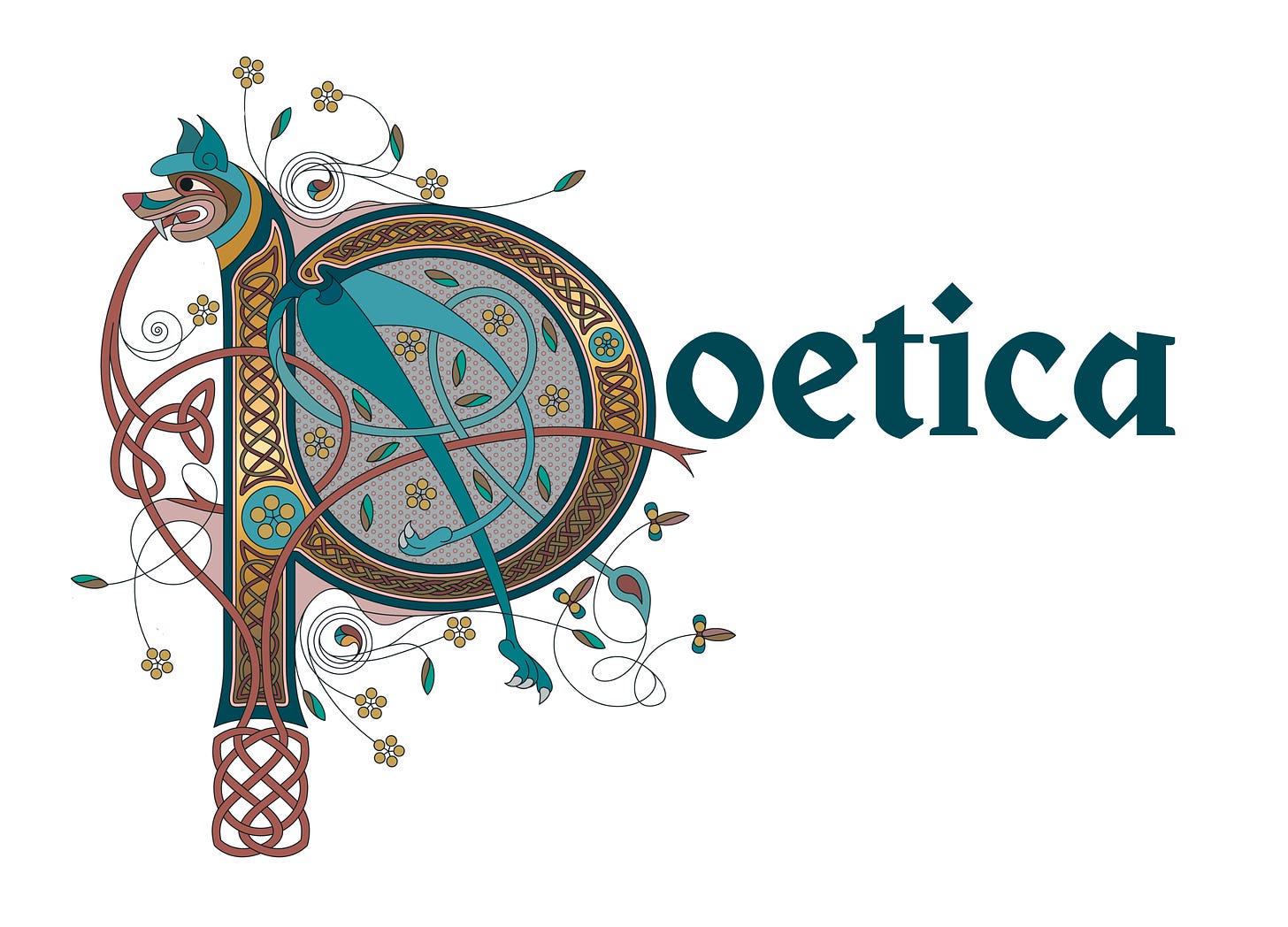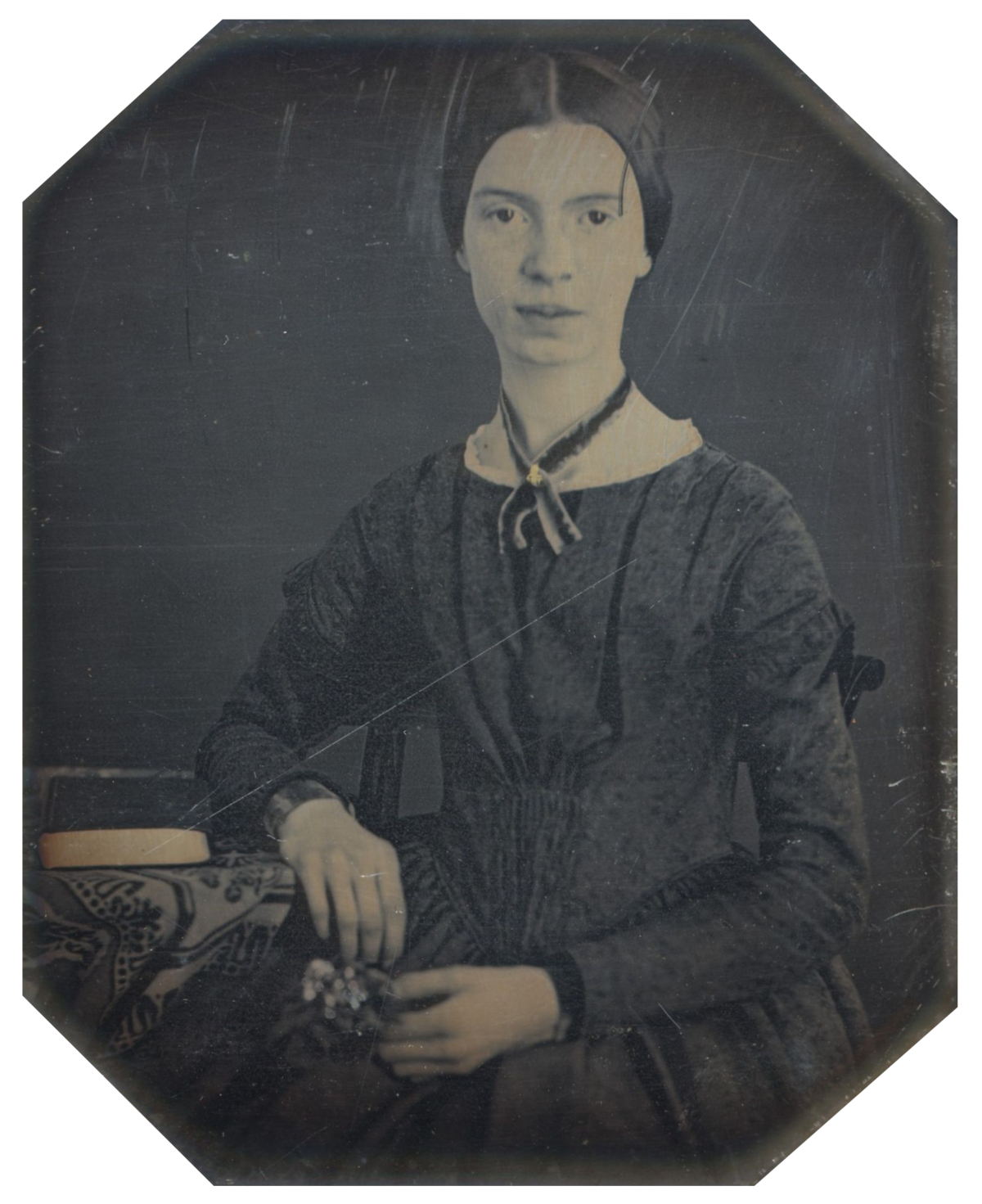Welcome to Poetica, the monthly poetry column of Shadowlands Dispatch! This month, we are pleased to feature Emily Dickinson’s classic poem “Dear March — Come in —”, followed by an analysis and reflection by Editor-in-Chief Megan Rials. We hope you enjoy!
“Dear March — Come in —”
By Emily Dickinson
Dear March — Come in—
How glad I am —
I hoped for you before —
Put down your Hat —
You must have walked —
How out of Breath you are —
Dear March, how are you, and the Rest —
Did you leave Nature well —
Oh March, Come right upstairs with me —
I have so much to tell —
I got your Letter, and the Birds —
The Maples never knew that you were coming —
I declare — how Red their Faces grew —
But March, forgive me —
And all those Hills you left for me to Hue —
There was no Purple suitable —
You took it all with you —
Who knocks? That April.
Lock the Door —
I will not be pursued —
He stayed away a Year to call
When I am occupied —
But trifles look so trivial
As soon as you have come
That Blame is just as dear as Praise
And Praise as mere as Blame —
“Dear March — Come in —” Analysis and Reflection
By Megan Rials
Emily Dickinson (1830-1886) remains one of America’s most beloved poets. A notorious recluse, she published only ten poems during her lifetime. Only after her death did her sister Lavinia discover and publish the vast majority of her poetry. She is particularly well known for her “puzzle poems” describing a certain object (such as snow or a snake) that is left for the reader to decipher. Dickinson’s work ranges in many themes, from the lighthearted to the serious, from love to death, from abstract emotions to the concrete world. From a technical standpoint, her poetry is often short and lyrical, and expresses the inner state of a narrator in first person.
“Dear March, Come In,” one of her nature poems, is an ode to spring and the fresh life it unfurls. Through personification, Dickinson warmly greets March as the harbinger of the warmer season to come. Despite welcoming the month, Dickinson reserves a degree of blame for March, accusing him of having taken all the purple “suitable” with which to shade the hills. Nevertheless, she celebrates spring’s arrival, even to the point of resisting April, instead preferring to remain in the first blush of spring. The poem ends on an enigmatic note, declaring that blame is “as dear” as praise, and praise is “as mere” as blame. These closing lines seem to hearken back to the poet’s accusation that March took all the “Purple suitable” for coloring the hills, and suggests that such trivialities should be forgiven with the arrival of a long-anticipated guest. As a whole, the poem also touches on one of humanity’s most universal experiences, a paradox inextricably tied to our status as time-bound creatures: that of impatiently awaiting a season (either of the year, or of life) while simultaneously lamenting the swift passage of time. Although we will find no resolution in our natural lives to this problem, “Dear March, Come In” reminds us of the rebirth awaiting the world every spring — and, for believers, the cosmic spring awaiting the entire world in the new heavens and the new earth.
—Megan Rials is Editor-in-Chief of Shadowlands Dispatch. She is a writer, literary scholar, and poet. She holds a Juris Doctor from the Louisiana State University Paul M. Hebert Law Center and is working toward completion of a Master of Arts in cultural apologetics from Houston Christian University. She serves as Content Editor and Scholar in Residence on the Leadership Council of the Society for Women of Letters. Her work has appeared in Christ and Pop Culture, Dappled Things, VoegelinView, Mere Orthodoxy, Fare Forward, An Unexpected Journal, The Worldview Bulletin, and Perichoresis. You can find her website here, and her X page here.





